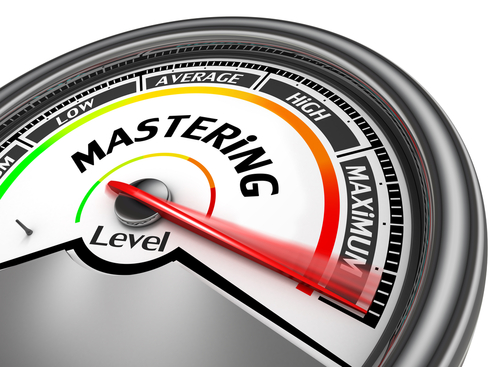What Does Entrepreneurial Leadership Mean To You?
Entrepreneurial leadership is a distinct behavioral form of managerial leadership. In the modern world, the business landscape is ever changing and ever evolving as individuals glean from the history books, conferences, seminars, and input from mentors. As a result, managerial expertise has become a leadership must-have. I would venture to say that leadership is the primary force behind successful and effective change.
Leaders empower their employees to act upon the vision that they have set for the company. Leaders execute this empowerment through inspiration, employee development, networking, and the complex web of goal-oriented relationships. These tools help entrepreneurial leaders achieve greater success in achieving their organization’s goals and changing the world around them. Beyond the tools, entrepreneurial leaders are separated from others by their mindset, vision, and innovation.
What are the specific attributes of an entrepreneurial leader?
Effective entrepreneurial leaders must have the realization that they are self-employed. This realization shapes the leaders’ attitudes which directly affects their behaviors. A successful entrepreneurial leader:
Takes initiative toward company development and activities. Action is contagious. When the organization sees their entrepreneurial leader taking strides toward goals, supportive team members follow suit and help the leader achieve these goals.
Demonstrates creativity, innovation, curiosity, eagerness for new opportunities, and pursuit of their dreams.
Takes risks in their pursuits through both strategic direction and inspiration for their staff.
Takes responsibility for the failures of their team, view failures as learning opportunities for future success, and strategize about advancements towards future achievements.
Instills confidence to think, act, and inspire others to achieve entrepreneurial excellence to advance the organization toward deeper levels of growth.
What is the Entrepreneurial Leadership mindset?
If you haven’t learned it yet, it is about time you have. “The venture mindset is fundamentally different than the established corporate shared values mindset.” Entrepreneurial leadership demands a culture of independance, action, trust, and inspiration while the corporate world mandates responsibility, control, and loyalty. Entrepreneurial leadership requires speed. This is a component of agility, experimentation, creativity, adaptation, and rapid response towards trend-setting innovation. Corporate business culture entails review and analysis of the facts and a willingness to sacrifice speed of innovation for meticulous thoroughness. Leaders tend to excel one of these two mindsets.
What is an Entrepreneurial Leadership Oriented Vision?
Vision is important. Without dedication to a vision, leaders and teams alike wander aloof and waver in the tempest of trials. An entrepreneurial leader’s vision should be summed up into a short and inspiring statement. The concept is to set a challenging and stretching goal that gives employees vast freedom in finding ways to achieve said vision. Simultaneously, the vision’s message should communicate the desire to grow; flat-lining is not an option.
What is Entrepreneurial Leadership’s Innovation?
As an entrepreneur, an entrepreneurial leader’s innovation is where creativity meets value-creating or profitable business activities. Entrepreneurial leadership innovation is a delicate and trying process which requires tenacity and finesse. Entrepreneurial leaders promote out-of-the-box thinking, which fosters new ideas and the commercialization of these new ideas. This thinking resembles a relaxed-control process. Relaxed control provides a relaxed and free environment for idea generation, collaborative problem solving, and free exploration. Simultaneously, relaxed-control introduces a tightly controlled testing and measurement component to ideas selected for testing. Relaxed creativity pervades the early stages of this process while controlled testing dominates the later stages. The trick to entrepreneurial leadership’s innovation is to maintain balance. Entrepreneurial leaders who stick to the early stages tend to generate loads of great ideas but lack the follow through to see them come to fruition. They could also be plagued with the inability to commercialize them. Alternatively, those who rule too tightly through control stifle all creativity from their organization and demote innovation into extensions of current commercialized products or services.
Each of these traits of entrepreneurial leadership may be developed regardless of your initial aptitude. Take a few moments to take stock of your personal entrepreneurial leadership skills in your personal reflection time. Whether you are launching your first venture or are a seasoned entrepreneurial vet, my hope is that this list inspires your growth and development. Happy entrepreneuring to you!







